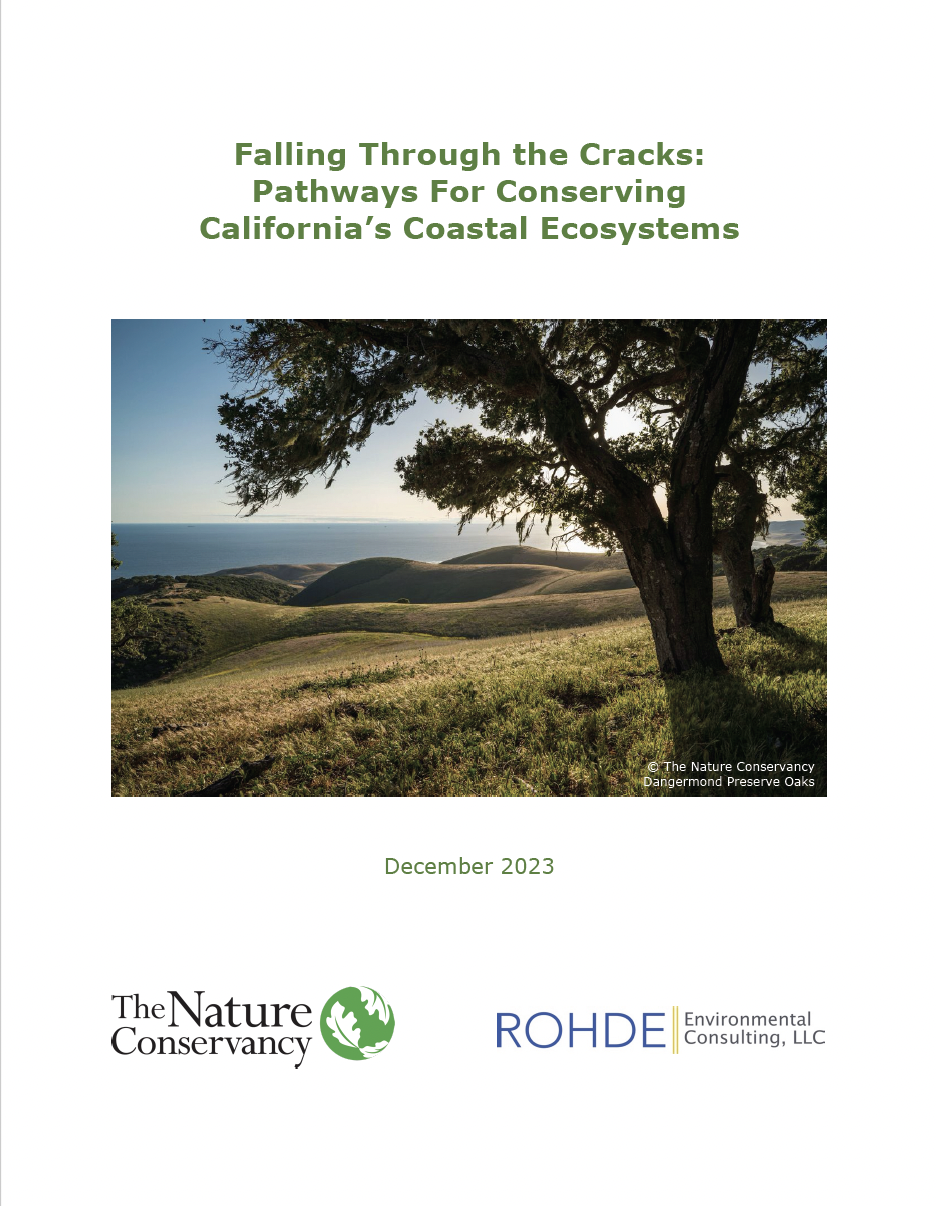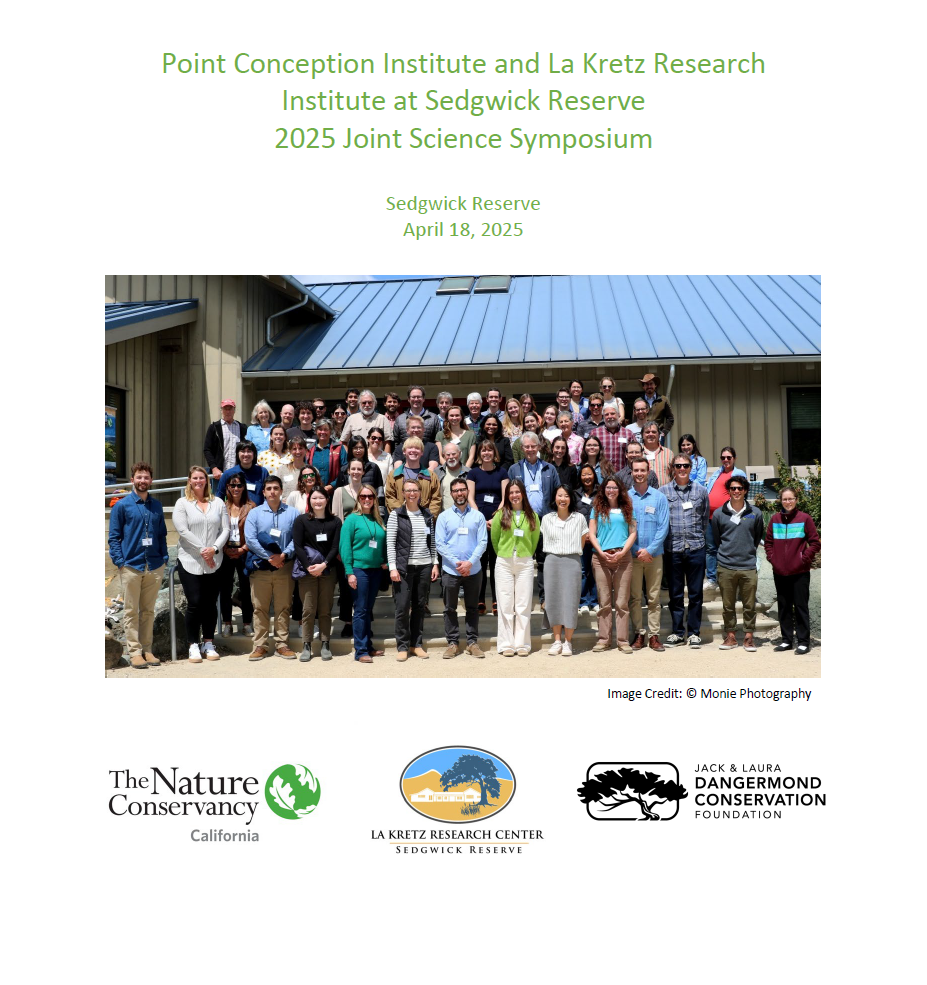Point Conception Institute Newsletters
December 04, 2025
|
Last updated December 04, 2025
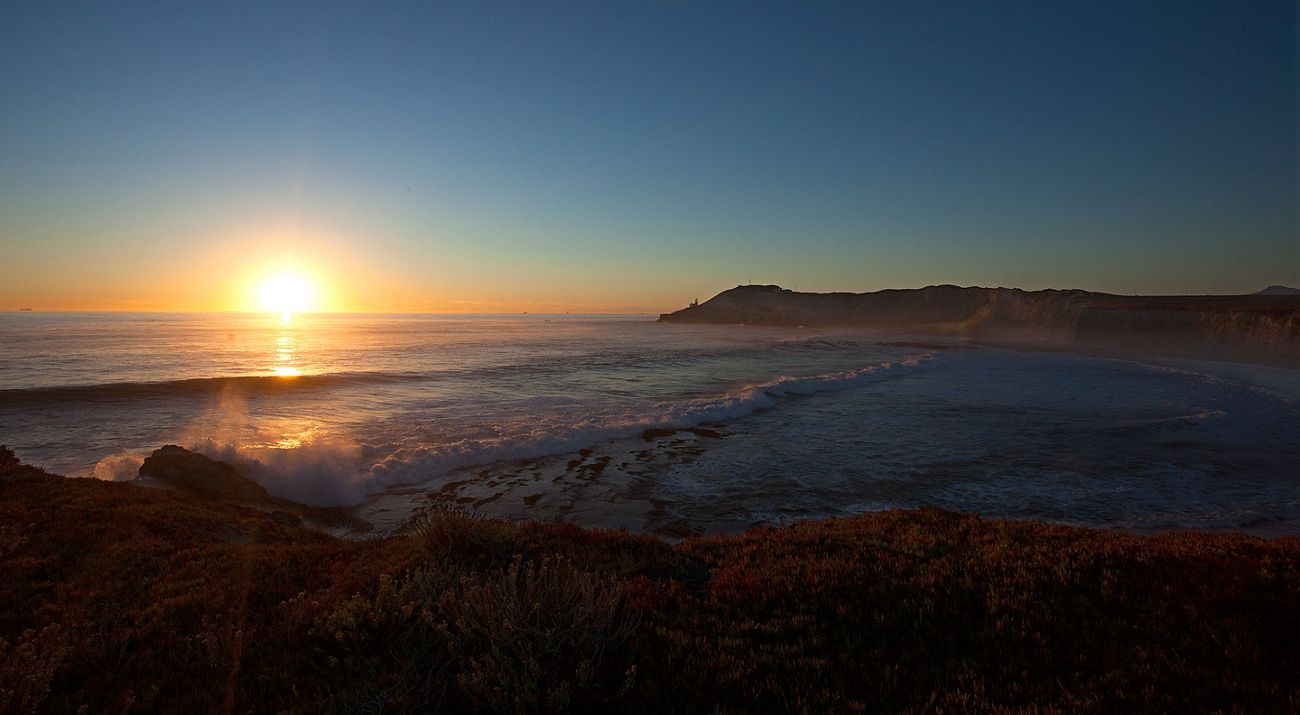
Winter 2025 PCI Newsletter
At PCI, we’re building more than a research station—we’re shaping a model for what protected areas can be in the 21st century. From the windswept ridgelines of the Dangermond Preserve to the sensor networks and satellite-linked systems we’re deploying across its 24,000 acres, PCI is redefining how science, technology, and conservation intersect.

Winter 2025 PCI Newsletter
TNC scientists review a map at Dangermond Preserve.
© Aliya Rubinstein/TNC
Past PCI Newsletters
-
Winter 2024
-
Winter 2022/Spring 2023
Collaboration, Open Science, and Technology for Conservation Impact
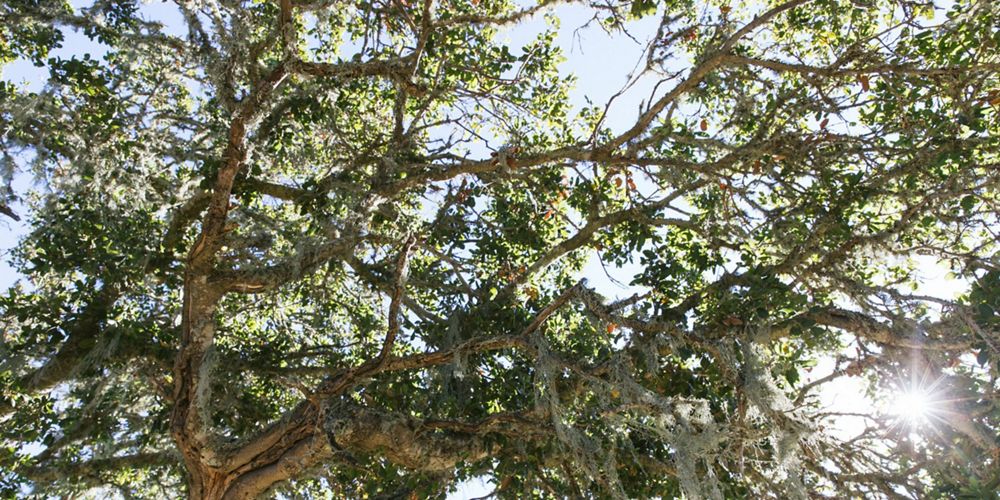
Coast live oak at the JLDP
Coast live oak (Q. agrifolia) at the Jack and Laura Dangermond Preserve.
© Erin Feinblatt/TNC
Download
Download
PCI and La Kretz Joint Science Symposium 2025
Coast to Crest: Connecting Science, Partnership, and Practice
DownloadMedia
See recent articles and media from projects with the Point Conception Institute and the Dangermond Preserve
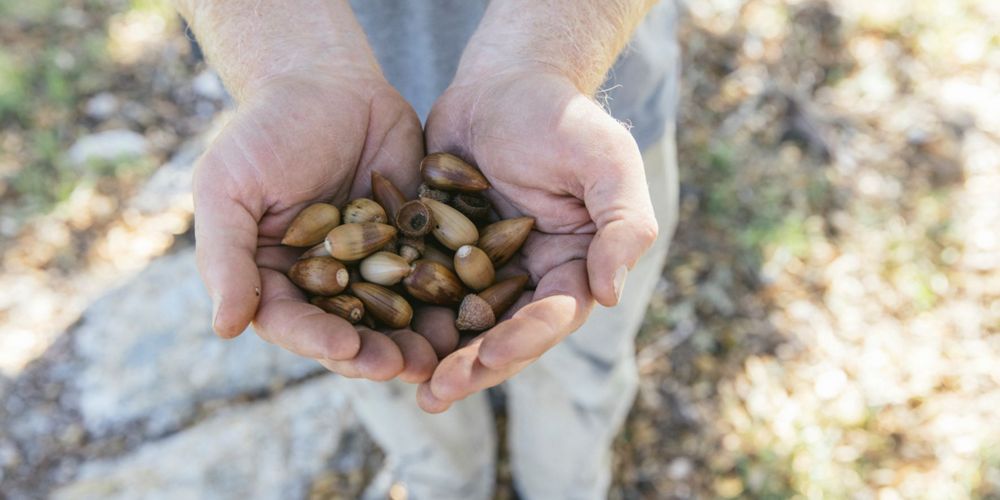
Media
Moses Katkowski shows a handful of coast live oak acorns.
© Erin Feinblatt/TNC
Media: Dangermond Preserve & PCI
- New Dangermond Preserve and PCI website
- LA Times: Environmentalists turning rugged stretch of California Coast into a lab for conservation
- KCLU: The Tri-Counties hidden gem: It's a nearly 25,000 acre nature preserve in Santa Barbara County
- KCLU: It's poop to us, but Santa Barbara County researchers say it's a feast of info about carnivores
- SB Independent: Western Monarch Count
MEDIA: Land
- TNC Newsroom: Santa Barbara Prescribed Fire Training Exchange
- CNPS: How CNPS is working with partners to map millions of acres of vegetation in California - a vital tool in a long-term conservation effort within the state.
- KTLA: NASA takes to the skies for "first-of-a-kind" study of California wildflower blooms
- SB Independent: Bioblitz Reveals Hidden Biodiversity in the Santa Barbara Channel
Media: Department of Defense REPI (Readiness and Environmental Protection Integration) Conservation Easement on Dangermond Preserve
- Santa Barbara Independent: Historic $15 Million Deal Safeguards Dangermond Preserve from Development
- Santa Maria Sun: Dangermond Preserve now permanently protected
- Edhat: Vandenberg Partners with Nonprofits to Ensure Conservation of Southern California’s Last Wild Coast
- KCLU: Deal insures a 24,000 acre Central Coast nature preserve is permanently protected from development
Research
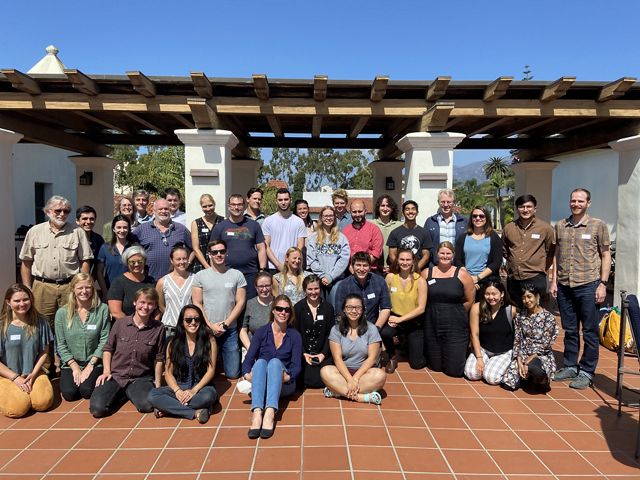
NASA, UCSB, PCI Project SHIFT
9/13/22-9/14/22 Project SHIFT Science Meeting at NCEAS with NASA, UCSB, and PCI.
© Ginger Gillquist/NCEAS
Ongoing Research
Take a look at this dashboard to get to know the projects and people currently conducting research at the Dangermond Preserve.
